With the latest Holy Fury DLC, Paradox Interactive’s 2012 grand strategy game, Crusader Kings 2, now has 15 major expansions, and for someone who’s either just getting into the game today or wants to pick it back up, it can be terribly daunting to try and figure out which, if any, of those expansion packs is worth the money and which ones are just going to add features that you’ll never use.
And while the answer to this is “depends on your playstyle”, there are nonetheless certain DLC packs that add so many great features to the game that it doesn’t matter if you’re playing as a Norse pagan in Sweden or a Brahmin in India, you’re still going to love what the DLC has to offer.
With that in mind, we’ll go ahead and rank all 15 DLC releases from “if you don’t have this DLC, you’re missing out on the true value of the whole game” to “don’t bother”.
Essential DLC
1. The Old Gods
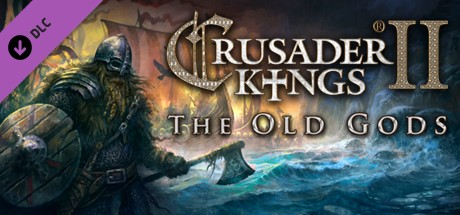
This isn’t just author bias: The Old Gods is the gateway DLC that makes just about all of the other major CK2 DLC packs that aren’t about the monotheistic religions work.
Want to play as the Mongols? If you want Tengri factions, the religion of the early inhabitants of that part of the world, you’ll need The Old Gods. Want to play as a Lithuanian or a Finn with the Romuva or Suomenuosko faiths? Old Gods. Want to fight back the advance of Islam and restore Zoroastrianism in Persia? You guessed it, Old Gods.
With this expansion, large swaths of the map become playable, and where there’s large swaths of map, there’s a need to get the DLC that unlocks them.
The Old Gods expansion also provides an 867 AD start date, right at the height of the Viking Age; even though it’s been largely superseded by Charlemagne‘s 769 start, it’s still two centuries more of history per playthrough.
This DLC is so much fun in its own right and unlocks so much fun in other DLC packs that tend to require it, that there’s no reason not to get it. CK2 just isn’t right without it.
2. Charlemagne

Playing CK2 without the 769 AD start date almost feels like heresy once you’ve had this DLC installed for a while. History develops across nearly 700 years, the initial setting is a fantastic one, and all kinds of old religions like Zoroastrianism aren’t fringe yet.
It’s the perfect starting point for a campaign. Heck, this game stretches so far back that the Vikings have to wait 24 years before they get a crack at Lindisfarne.
Besides the well-fleshed-out event chain for Charlemagne himself, this DLC introduces the Chronicle, which keeps track of the story of your faction and the world across all that history.
On top of that, this also is the DLC that opens up “Create Kingdom” that isn’t bound by geography. If you’ve got enough duchy titles, crown yourself king. Get enough kingdoms and make your own empire. It opens up player strategy in ways that the de jure system is sometimes at a loss to properly do.
More strategic variety means more varied ways to play, and more varied ways to play means more fun. But even if this DLC did nothing but set the clock back at the start, it’d still be essential.
3. Holy Fury

This is the biggest pure content pack in terms of changing the way the game is played without adding a new start date or new factions to the game.
In a nutshell, Holy Fury is less DLC and more overhaul mod.
For one thing, it buffs pagans big-time. If you have Old Gods installed, you’ll be able to play rulers with massive buffs from joining Warrior Lodges, all with a whole bunch of new flavor events.
Christian rulers get new Crusade events, a Sainthood trait that buffs all the saint’s descendants forevermore, coronations by clergy to bless the king’s divine right in the eyes of God, and a new baptism mechanic to make conversion of the unsaved all the more satisfying.
Plus, you get shattered and random worlds; no longer are you bound by the hard limits of history, so you can create a map you can play your way and explore your way.
This is one of three revolutionary DLC packs for Crusader Kings 2. You can read my full review of the expansion, as well as my tips guide for getting started if you want to know more.
4. Way of Life

Way of Life brings Focus into the game, as every character, upon hitting adulthood, can now set the general trajectory of their lives.
For rulers, this can be as mundane as +3 to Stewardship, as they try to become better rulers. However, for the intrigue-minded and lustful, this can be the Seduction trait, or “having sex with your courtiers’ wives for fun, profit, and occasionally bastards.” For the bloodthirsty, the War traits can break a stalemate and generate more powerful armies.
Even the tech-minded can engage in Learning-based traits, which are especially useful for Duke-level rulers and above. That’s because they can use excess Learning to crank up the rate at which Knowledge Points are generated, which in turn can grant advantages in battle or more stable realms.
And of course, with all these new ways of life come diplomatic options and event chains that put a bunch of character in your characters.
This expansion makes such a huge change (for the better) to role-playing that no CK2 player should be without it.
5. Monks and Mystics

This is the DLC that adds Secret Societies to the game, giving a bunch of new flavor to playable characters.
In addition, those religious societies grant buffs to characters that go way beyond mere role-playing. You can create some pretty strong rulers with this one.
And not everything is monastic orders and worshipping the divine. There’s outright devil worship (heavy metal sold separately) in the list of secret societies, where an evil-minded character can come up with all kinds of deliciously chaotic mischief.
Even better, though, is the initiative that the DLC grants to courtiers. There’s more to life than just your Big 5 on the council settling tribes and preaching to heathens while the marshal trains troops and the chancellor gins up fake claims for wars.
Now, a talented councilor can be instructed more generally, and that means that occasionally, an event will fire that buffs your realm or the people in it.
This is also the DLC that adds the Relic Treasury for yet more ways to build an economic powerhouse without worrying about a good province being inherited out from under you during a dynastic shakeup.
Depends on Your Playstyle DLC
6. Sword of Islam
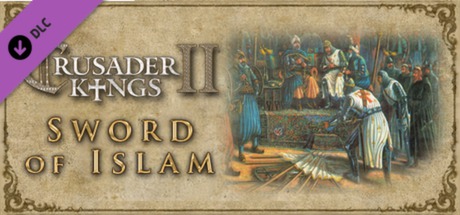
Play as the Muslims and kick those crusader kings out of the Holy Land with Sword of Islam.
This DLC, in addition to making the Muslims playable, also massively fleshes out Islamic factions with a Decadence system, the chance for Muslim rulers to have up to four wives, new Commander traits that make combat a whole lot more interesting, and a big ol’ pile of new events.
A whole slew of new religion-based casi belli make religious warfare a whole lot more fun, especially if you’re playing as the two big players that the game’s title implies; whether it’s shouting Deus Vult!, or calling for a jihad, this will escalate the violence in the Middle East so fast you’d think there was an American president facing an election year.
Granted, if you don’t play much on the periphery of the Islamic world, or a Muslim ruler, there’s not much here for you; however, just about every player crosses paths with the sons of the Prophet eventually. Having this DLC will make them more interesting foes.
7. Horse Lords

What if, instead of waiting for the Mongols to show up, you decided to actually be the Mongols?
That’s the proposition on offer in Horse Lords, and it makes nomadic factions playable, with their own game mechanics and unique playstyle.
This is also the other DLC that’s going to get anything out of Jade Dragon.
The societies of the steppes aren’t settled feudal societies. They’re not even tribes. Instead, they’re populations from which armies are raised and who are hard to conquer.
Also included is the Silk Road and the landless adventurer. Fighting the adventurer off is a challenge for all but the most well-developed kingdom.
While this is built for those who play nomadic, an argument can be made that it’s a beneficial DLC for those who don’t play it as well — and a reason to give the playstyle a try.
8. The Republic

In The Republic, you’re less crusader king and more Merchant of Venice, as the emphasis shifts from pure warfare to something more trade-oriented.
This is where factions like the Hanseatic League, Gotland, Genoa, Venice, and Pisa live, constructing trading posts and moving goods and money all over the Mediterranean and Baltic.
This changes the game big-time; you’re no longer a king or an emperor but rather a Patrician. You’re trying not to rule the world with a giant demesne and lots of soldiers but with the title of Doge and many prestige and much coins.
If you prefer your conquests with armies, or you don’t like playing seaborne factions, this isn’t going to be much for you, but if you love cloak and dagger, this is a must-have.
9. Legacy of Rome

What Sons of Abraham did for Catholics, Legacy of Rome does for Orthodox factions in general and the Byzantines in particular.
This is also the DLC that introduces the factional system into the basegame, making it much more of a universal DLC for all playstyles, not just for the titular “Eastern Roman Empire.”
Factions will revolt and start civil wars as they try to seize whatever it is they were spawned to do, whether it’s forcing a change in the realm’s laws, forming a breakaway state, or even installing a usurper on the throne for a game over.
This DLC also offers Orthodox Patriarchs the opportunity to match up with the Catholic Cardinals to the west, which is essential for playing any of the factions in southeastern Europe or in Russia.
And there’s even a nice little perk where rulers can get ambitions to improve their weaknesses, which tend to trigger event chains leading toward that goal.
But the real joy here is in Retinues. These are standing armies that don’t cost upkeep except when losses are replenished. Once you have a big enough realm and sufficient military technology, those standing armies can be big enough and strong enough to take on levies three times their size, and they don’t have to be disbanded like levies do for declarations of war.
The only time you’ll ever have to raise your levies again is if you’re fighting a super-strong enemy, and even then, your superior retinue can tilt the tide of battle.
Even if you don’t play in Orthodox territory, there’s a lot to like about this DLC, and it’s only five bucks at full price.
10. Sons of Abraham
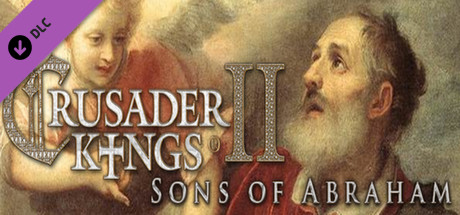
For Christian rulers, Sons of Abraham is the first of three DLC packs (Legacy of Rome and Conclave are the other two) that gives them a ton of new stuff to play with.
Particularly, this DLC opens up new opportunities for a Jewish ruler, where either through Ruler Designer or through choosing a Jewish faction to start the game, you can restore the Kingdom of Israel to Biblical glory.
The real shining star of this DLC, though, is the Catholics, because additional Papacy and College of Cardinals gameplay options create a new way for an ambitious Western ruler to gain outsized power and influence over all of Western Europe.
Even the Muslims get a bit of stuff to play with, too, as an event chain involving the Hajj makes an appearance.
If you play Crusader Kings as an actual crusader king, this is going to be a must-have, but if you don’t, this is “stuff for other people.”
11. Rajas of India

There’s a lot to like here if you’re the kind of player who wants to give the Buddhist, Jain, and Hindu religions a try, and culturally, India provides a massively different game flow from typical scenarios.
Karma replaces Piety, events and decisions are radically different in India than they are in Europe, and if you do happen to have Jade Dragon, this is one of the DLC packs that brings out and makes use of its features.
If you have an interest in the cultures of the East, and especially if you have one of the DLC packs that enables an earlier start date, there’s a lot to like here.
But if you prefer your CK2 experience more traditional with actual Crusades and Vikings and European feudalism, this is just going to push the map out without giving you anything to actually play with while you’re there.
Don’t Bother DLC
12. Conclave

Conclave makes Crusader Kings 2 a bit more frustrating if you’re the type of player that prefers to rule with an iron fist, as there is now a council of nobles that must be appeased in order to achieve the level of centralization required to run an empire smoothly.
There’s also a new education system with a lot more events for molding children into good adults, a new diplomatic system that makes strategic marriages much more important, and a buff to mercenary companies that makes them get better commanders.
That said… that’s all you get here. Nothing truly game-changing, just a few tweaks to existing systems.
13. Jade Dragon
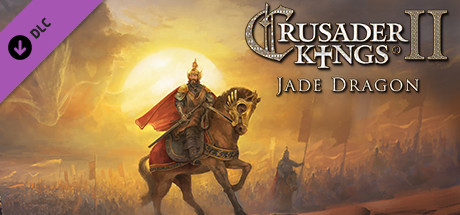
The Chinese make an appearance with playable Taoist and Han religion and culture, and players who enjoy the wilds of the East will now be able to beef up their economy and make the best use of the Silk Road.
But here’s where you start to see why so much CK2 DLC is for-a-certain-kind-of-player-only stuff. If you don’t like to play in India or Transoxiana (or you don’t have the Rajas of India or Old Gods DLC), you’re going to have nothing here that contributes in any way to your actual game.
A lot of CK2 fans were hoping this would finally stretch the map all the way across the Eurasian continent, but instead, what we got was an expansion that is highly niche-focused and simply not very well fleshed out.
14. The Reaper’s Due
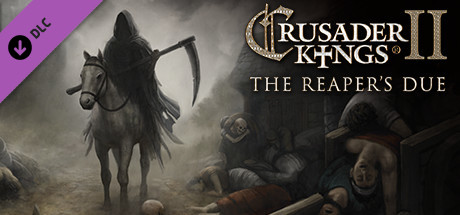
The biggest value-add in this DLC is the addition of a Court Physician, a special job that helps cut down on the capriciously random deaths from illness that tend to crop up in a playthrough.
Get a courtier with a high enough Knowledge skill and they can rescue infants who would otherwise have died a horrible death in infancy, and they can even be the difference between life and death for a ruler.
You can also build hospitals in your provinces if you have a feudal government, and disease resistance now grants advantages to those clever enough to maximize it.
But for 10 bucks, there are no groundbreaking gameplay changes that aren’t just tweaks to existing systems. That’s too steep an ask for what the DLC offers.
15. Sunset Invasion

The whipping boy DLC of the franchise, Sunset Invasion answers the question “what would happen if the Mesoamerican civilization pulled a Columbus and set sail across the Atlantic with a horde to invade Western Europe?”
While it certainly adds a heck of a threat to the midgame, it throws the balance entirely out of whack; the Aztecs are massively overpowered, and the Mesoamerican disease mechanics render the early-game pointless, severely curtailing the fun factor of a playthrough.
This is partially mitigated if you’re playing a faction in the ever-expanding eastern territory of the map, or if you get to watch from the fringes of the conflict on a perch in Africa or Finland or Poland, but compared to other DLC, the content here offers very little for actual players to tinker with and enjoy.
—
In truth, all 15 DLC packs for Crusader Kings 2 have at least something to offer, especially if you can get them on sale, and with Steam’s annual blowout extravaganza happening right now, this is the perfect time to open up your wallet and start in on completing your collection.

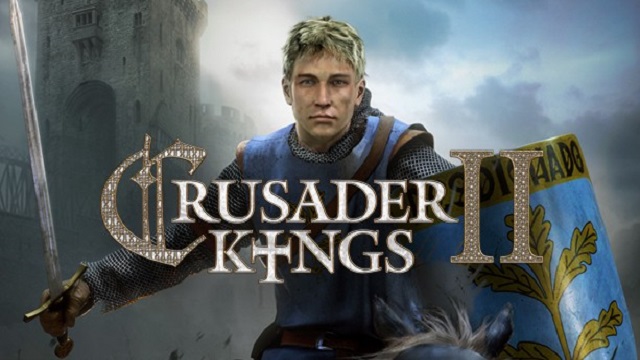


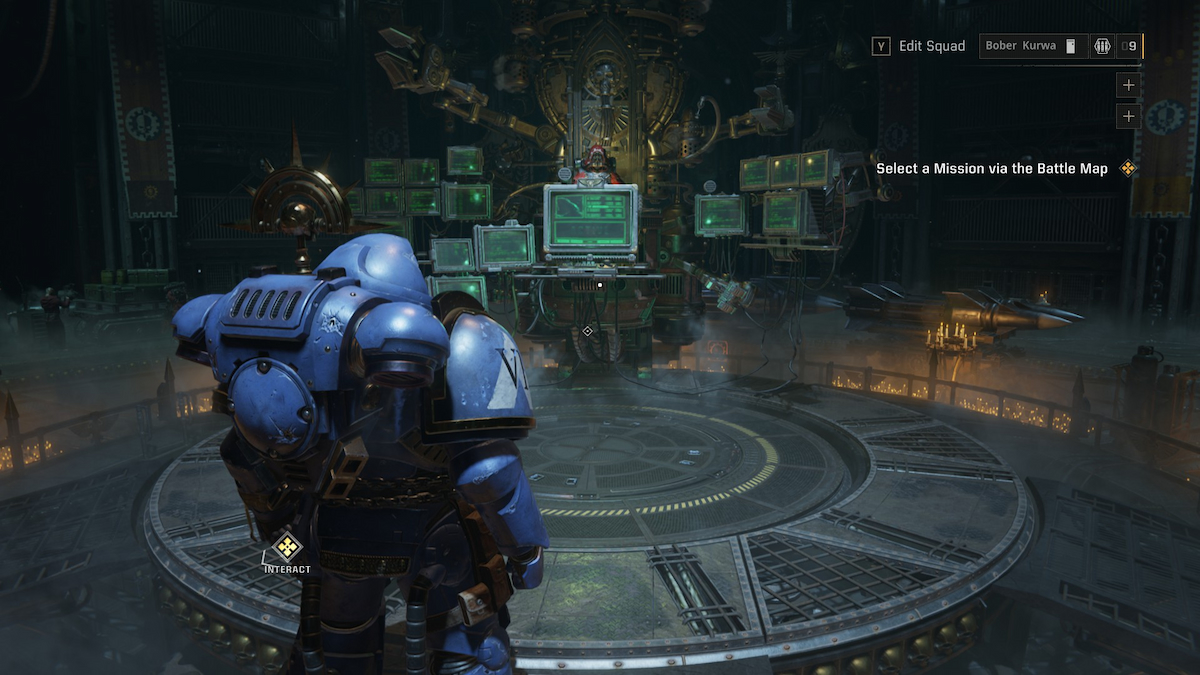
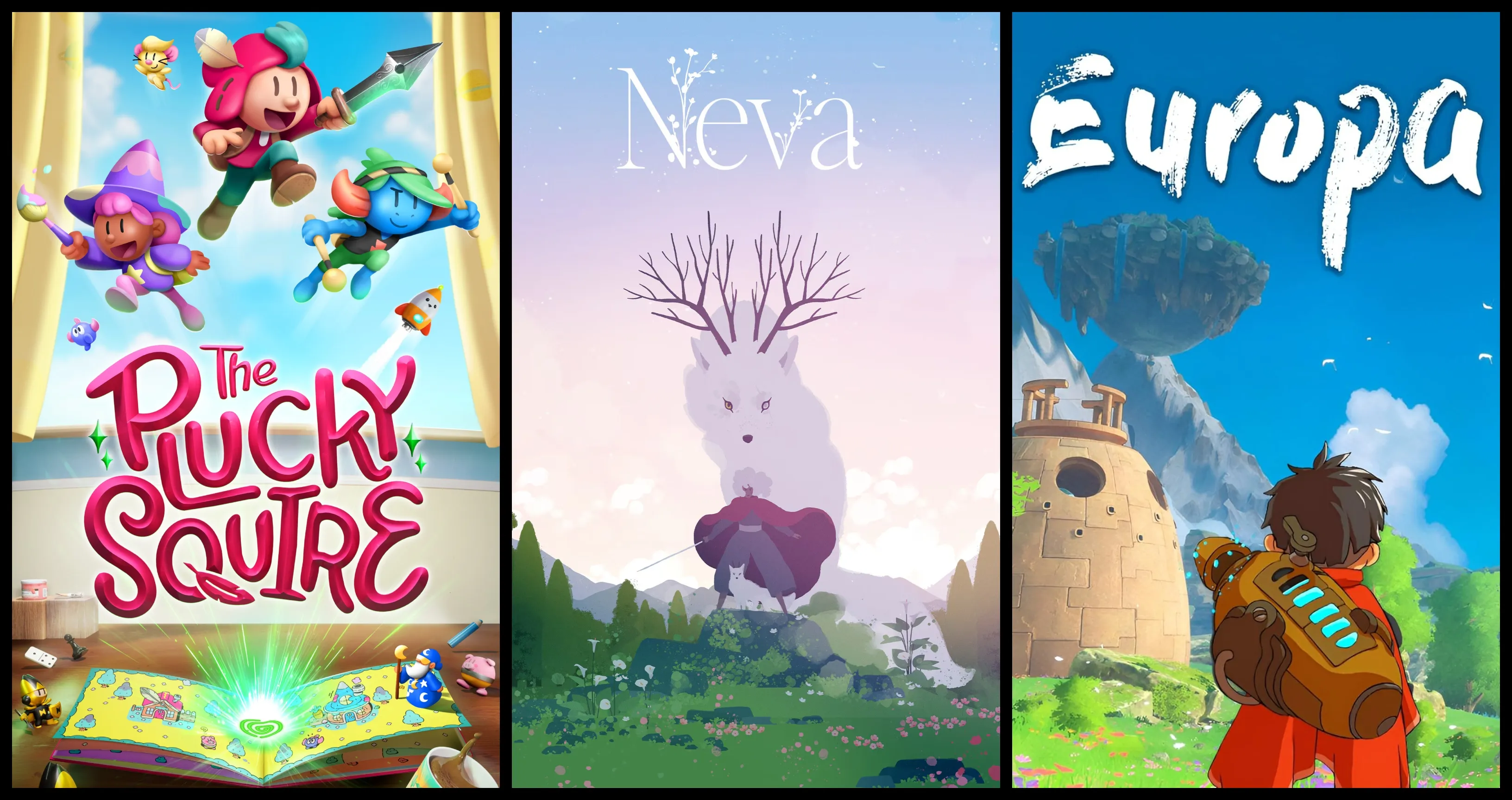
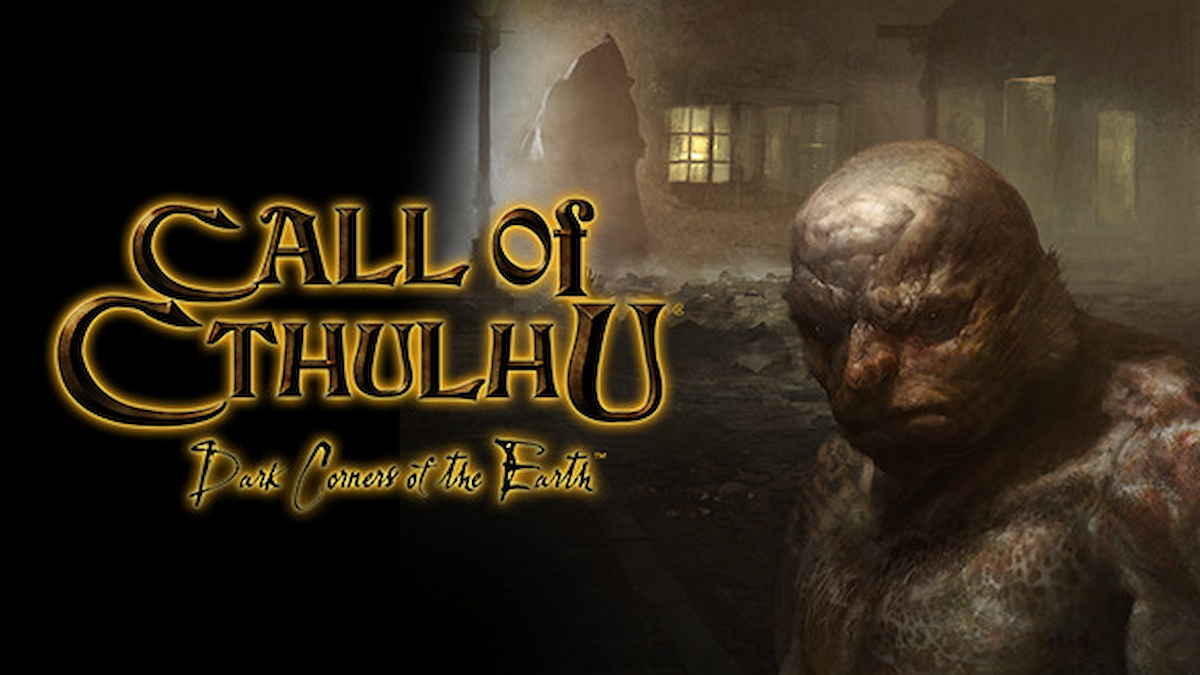
Published: Nov 19, 2018 09:10 pm